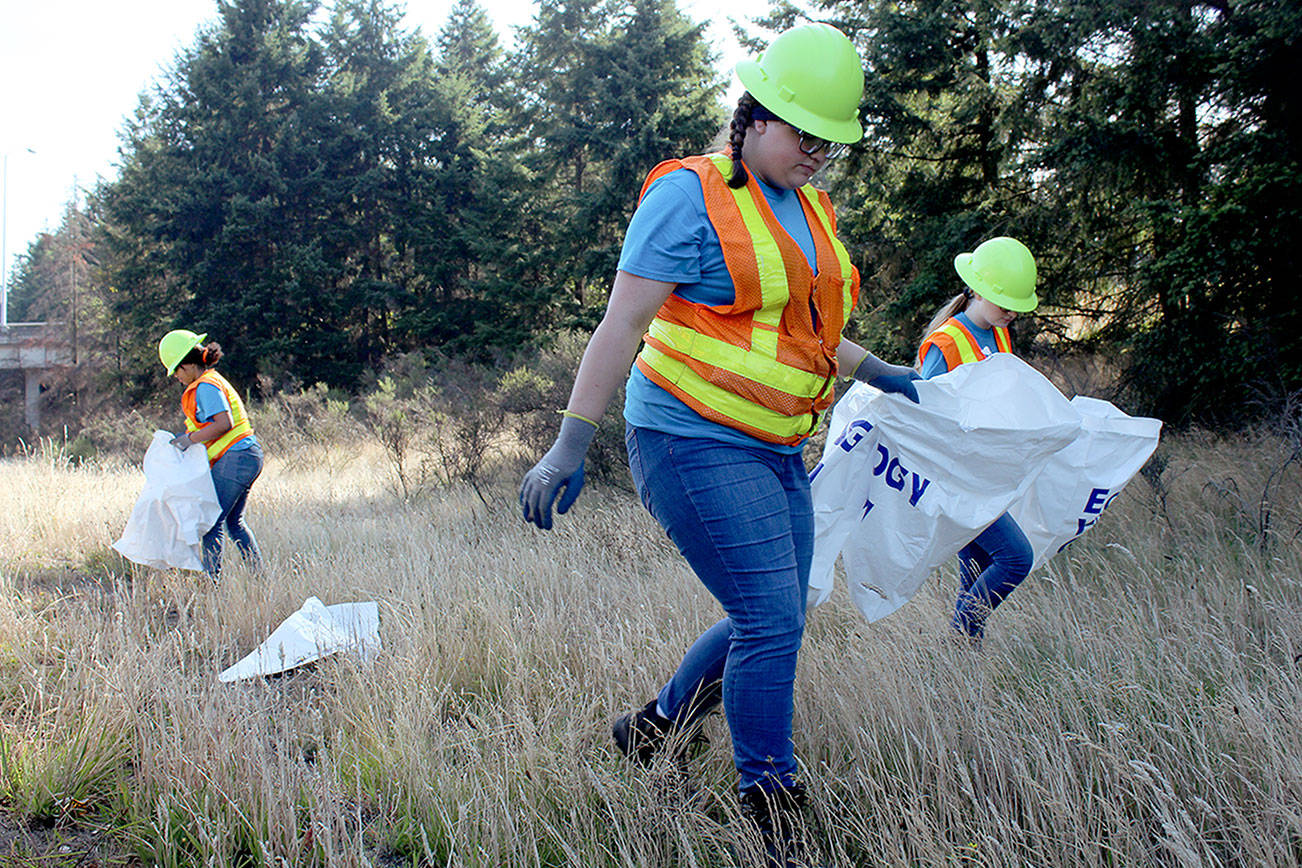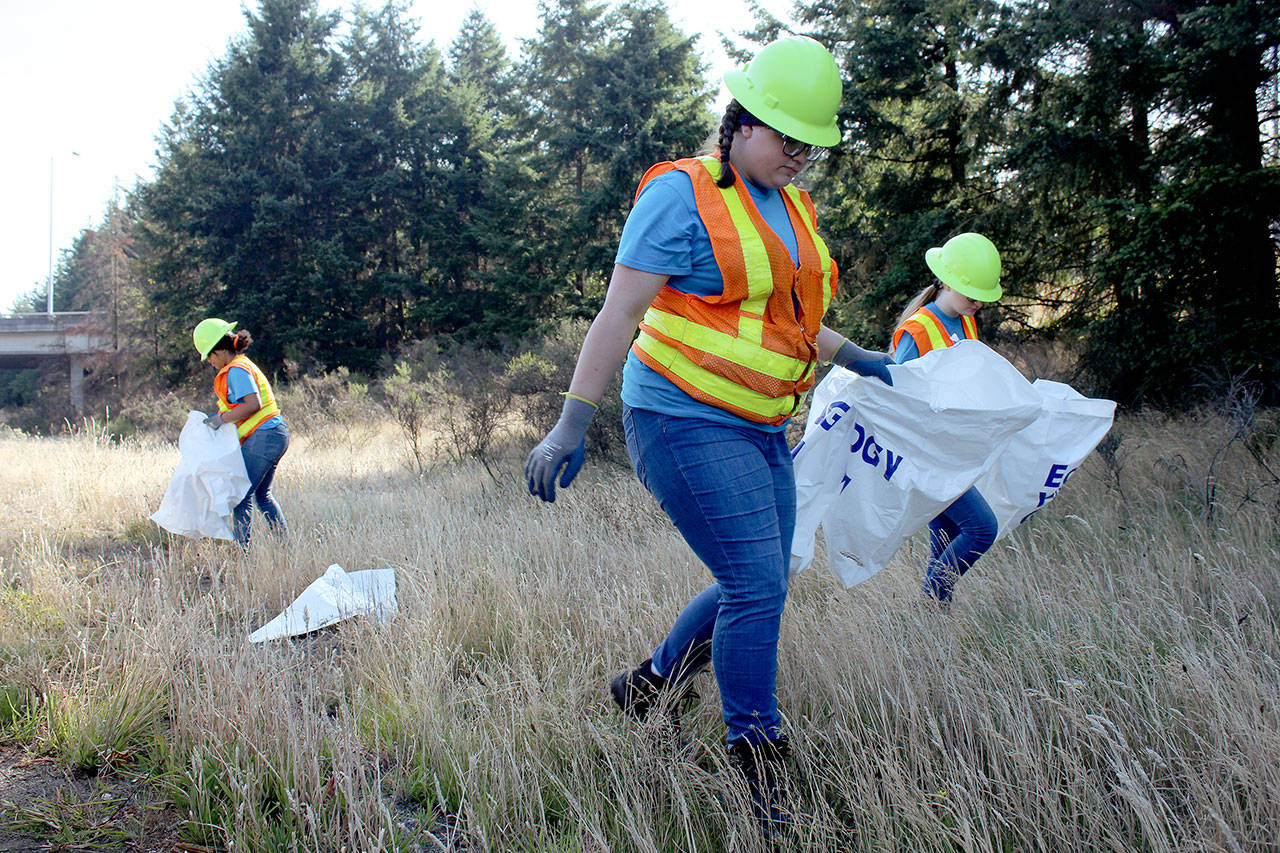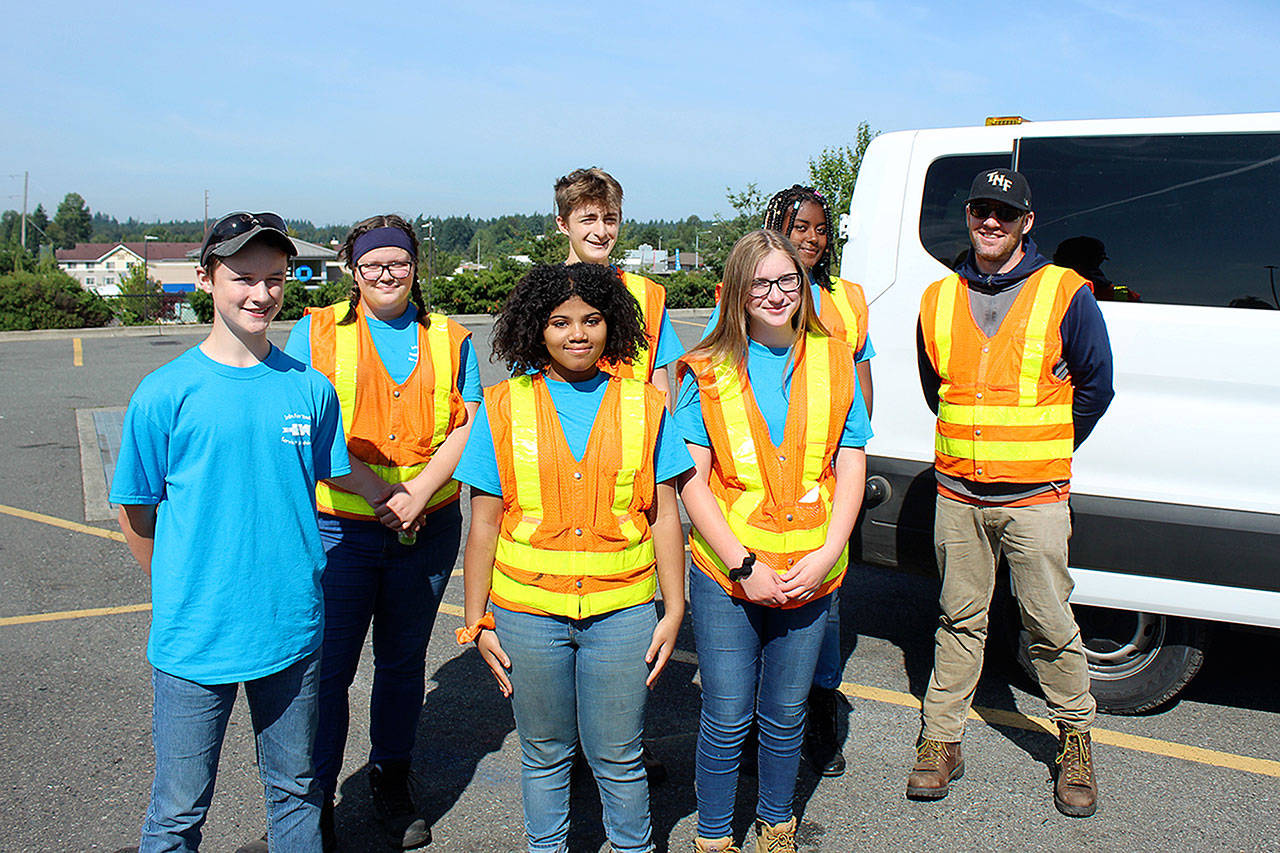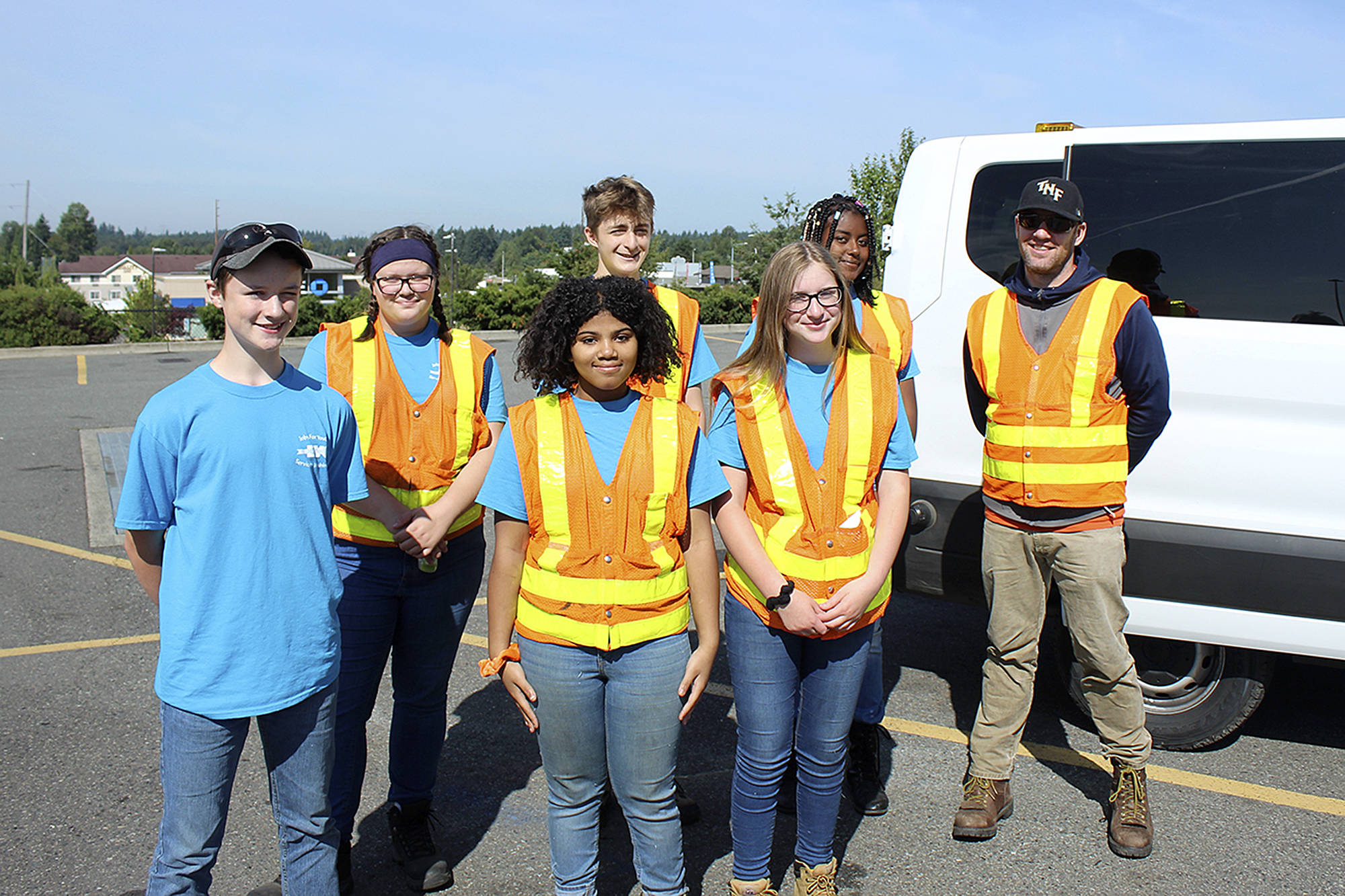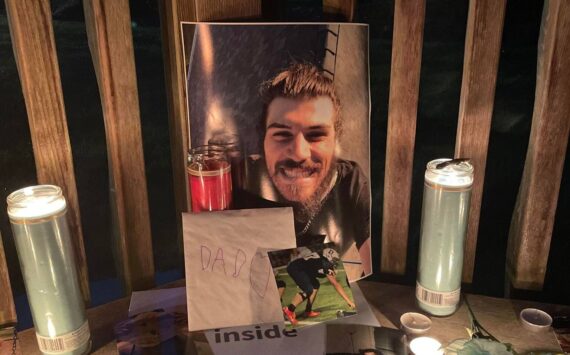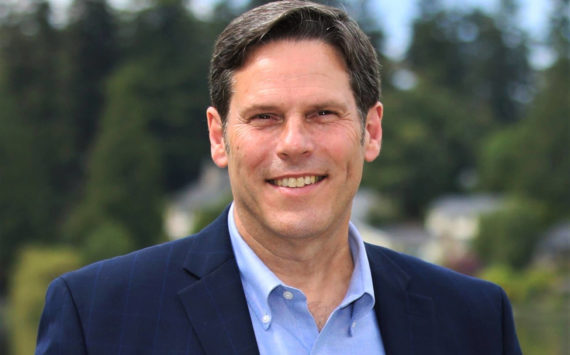Teens across the state picked up valuable skills and life lessons — along with hundreds of pounds of litter — this summer.
The highly-competitive, Washington State Department of Ecology Youth Corps (EYC) program has been in operation since 1975 and has hired nearly 14,000 teens across Washington state since then, said Steven Williams, regional administrator for the Department of Ecology’s Litter and Illegal Dump Cleanup & Prevention.
This year, EYC hired 250 teens, ages 14-17, all across the state from an applicant pool of nearly 3,000, Williams said. Specifically in King County, EYC hired 36 teens, including 12 from Federal Way, Des Moines and SeaTac.
EYC owes its existence to a single sentence in the The Waste Reduction, Recycling & Model Litter Control Act, stating: “It is further the intent and purpose of this chapter to create jobs for employment of youth in litter cleanup and related activities,” Williams pointed out.
During two separate sessions for four weeks, a group of teens take to major highways and freeways to clean up the roadside environments, filling dozens of white EYC recycling and trash bags, which are then collected by Washington’s Department of Transportation.
The teens clean up public lands, primarily state roads, although in inclement weather, they will also work on Department of Natural Resources, Fish and Wildlife and Parks lands, Williams noted.
On a recent August morning, six EYC teens from Federal Way and Auburn work next to the heavy traffic of east-bound State Route 18.
Jaliyah McKay, 14, is an incoming freshman at Thomas Jefferson High School and learned about the program from her school’s morning announcements.
Jaliyah said she was eager to participate to gain some experience for her resume and earn a few paychecks, too. Teens are paid $12 per hour for their work.
Four days a week, the crew meets at 6:30 a.m., then hits the road to their first clean-up location.
“Then we go straight into putting out the signs, like the roadwork and Department of Ecology signs,” Jaliyah said. After the safety parameters are set in place, teens take to the roadside shoulders donned in full safety gear of bright vests, work boots, gloves and helmets. The group usually covers two to four miles in a day.
“People should stop littering,” Jaliyah said. “We’re not about to have too much of a world, sooner or later. There’s a lot of nasty trash out there. A lot of plastic and a lot of stuff that’s dangerous to the world. That’s something that everybody needs to stop … because it’s just going to keep cluttering and building up trash.”
The competitive nature of the program requires teens who are mature, self-sufficient and responsible due to the work conditions.
“They learn a lot about themselves,” said Ray Bissonnette, EYC supervisor in his third year with the department.
Safety tips and life lessons are frequently found in the field, although the program also instills the importance of independence and the benefit of teamwork, he said.
Some teens over the years have told Bissonnette they wanted this job opportunity to purchase new school clothes, supplies or other necessities, Bissonnette said.
It’s a combination of a mentoring program and a real-world work force experience with simple expectations: Show up daily, on time and ready to work.
It’s similar to summer camp, Bissonnette said. The teens get to meet new people and by the end of the program, or even the day, they have become friends and fill the commutes to locations with joking banter.
“We’re not out here to clean everything,” Bissonnette said. “Although I’m surprised by how much these kids collect and even how much better it looks.”
To apply for the Department of Ecology Youth Corps Program or to find additional information on opportunities for adults, visit the Washington state Department of Ecology website.
